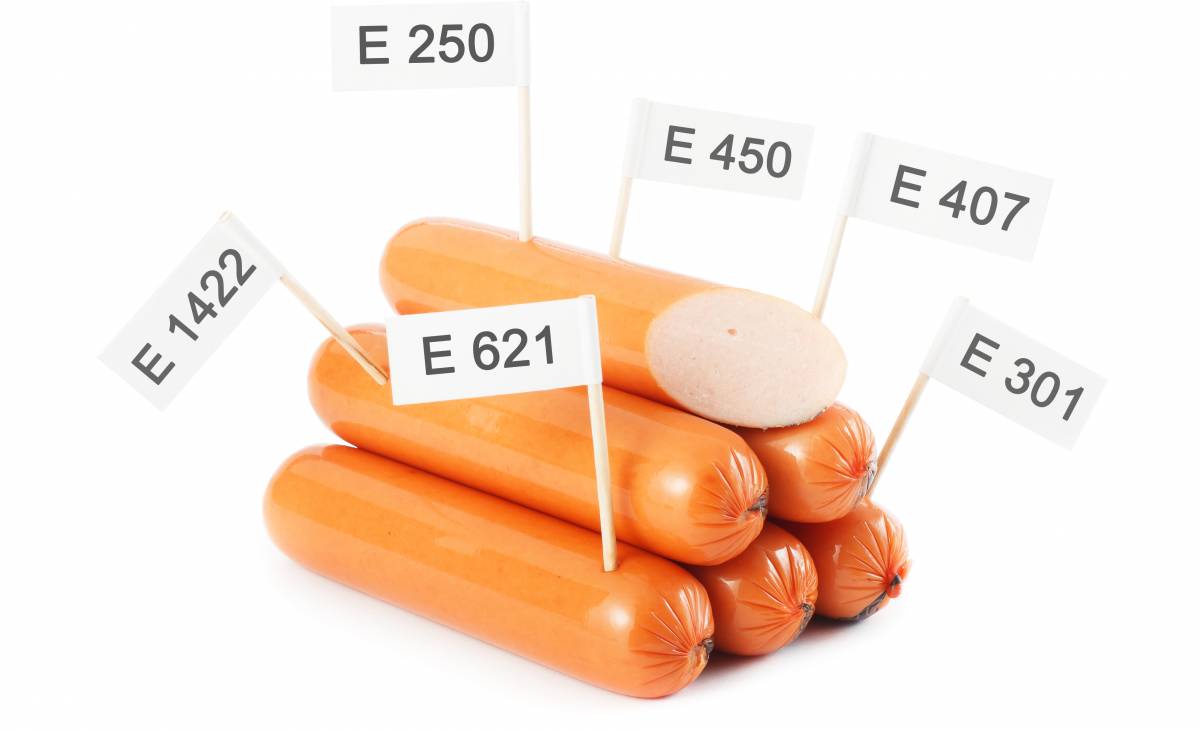Food preservatives cause immunosuppression, a new study found
A new study, recently published in the International Journal of Environmental Research and Public Health, reveals that two classes of common food preservatives could be dangerous for the immune system.
The Environmental Working Group (EWG) used high-throughput screening methodologies to investigate the potential of assessing immunotoxicity of tert-butylhydroquinone (TBHQ), a common antioxidant added to extend the product’s shelf life, and per- and polyfluoroalkyl substances (PFAS), a protective class of molecules added to the packaging. MRLs for TBHQ are set to 200 mg/kg both from EFSA and FDA, due to previous risk assessment that led the institutions to say: “the TBHQ is not carcinogenic and further genotoxicity studies were unnecessary”. Despite this, the EWG study, based on Environmental Protection Agency’s Toxicity Forecaster (ToxCast) datas, shows that TBHQ could harm the immune system both in animal and non-animal tests.
PFAS were analyzed in the same way, and it was found that these chemicals could migrate from packaging to foods. This is worrying because previous studies have found that PFAS suppress immune functions and decrease vaccine efficiency if ingested. Also, many food-chains use PFAS as coating of food boxes and wrappers.
In conclusions, the article accuses control institutions, i.e. FDA and EFSA, of lack of accuracy: “From the public policy perspective, the discovery of impacts on human health of substances that have long been used in consumer products and food products suggests that the pre-market safety evaluation of these substances was inadequate.” Control institutions should now change their regulations to safeguard citizen’s health, but FDA typically does not consider new scientific findings to reassess the food safety guidelines, allowing companies to decide which additives are safe.
Sources:
https://www.mdpi.com/1660-4601/18/7/3332/htm
https://efsa.onlinelibrary.wiley.com/doi/10.2903/j.efsa.2004.84






















